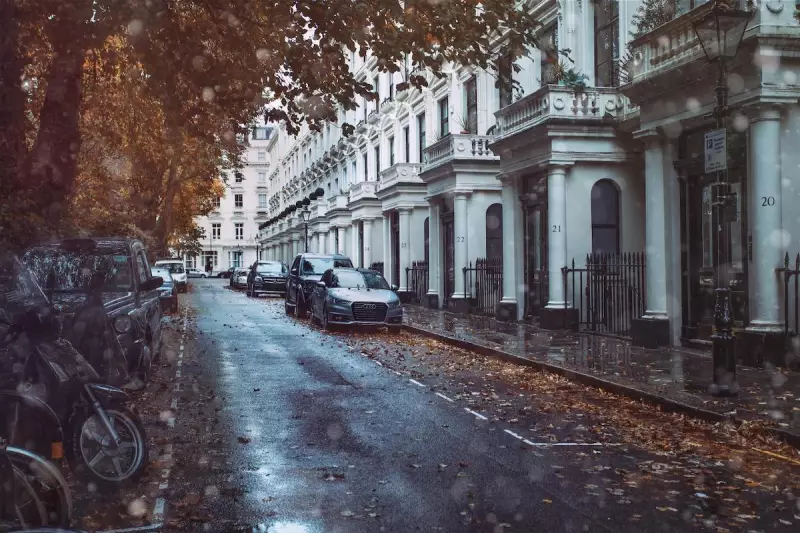
In a bold move that's sending ripples through London's luxury property market, Chancellor Rachel Reeves has unveiled plans for a significant overhaul of England's council tax system. The reforms specifically target high-value mansions and premium properties, marking the Labour government's first major fiscal intervention.
The End of the 1991 Valuation Era
The current council tax system, frozen in time since 1991 property valuations, is set for its most substantial transformation in over three decades. Properties currently sitting in Band H – the highest council tax category – face the prospect of substantially increased bills as the government seeks to address what many perceive as historical undervaluation of luxury homes.
Financial Implications and Political Strategy
The Treasury estimates these reforms could generate approximately £1.2 billion in additional revenue, funds earmarked for bolstering essential public services. This initiative represents a strategic implementation of Labour's manifesto commitment to ensure "wealthier owners of the highest-value properties pay their fair share."
London's Prime Property Market Braces for Impact
London's affluent neighbourhoods, particularly areas like Kensington and Chelsea where many properties fall into the highest tax bands, are expected to feel the brunt of these changes. The reforms acknowledge the dramatic escalation in prime London property values since the current system was established.
Broader Council Tax Reform on the Horizon
While immediate focus remains on high-value properties, the government has signalled this represents just the initial phase of broader council tax reforms. The changes aim to create a more progressive system that better reflects contemporary property values across all market segments.
Industry Response and Market Implications
Property experts and industry stakeholders are closely monitoring the situation, with some expressing concerns about potential impacts on the high-end market. Meanwhile, advocates for tax fairness have welcomed the move as a necessary step toward modernising Britain's property taxation system.
The proposed changes are expected to undergo parliamentary scrutiny in the coming months, with implementation potentially affecting council tax bills as early as next year.





